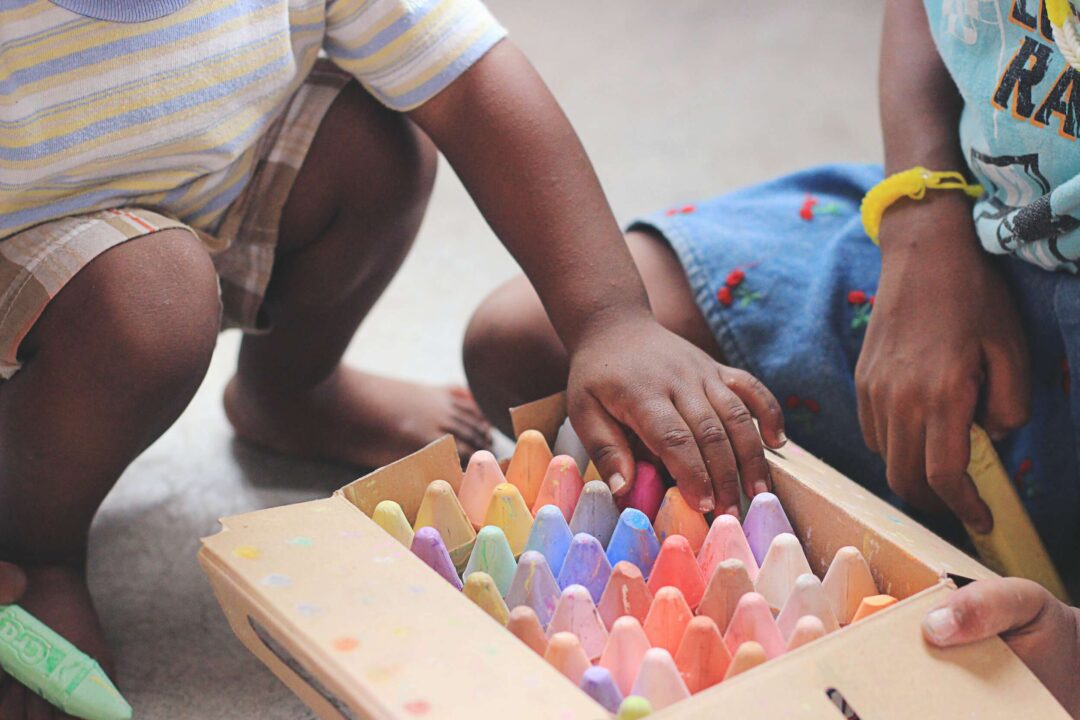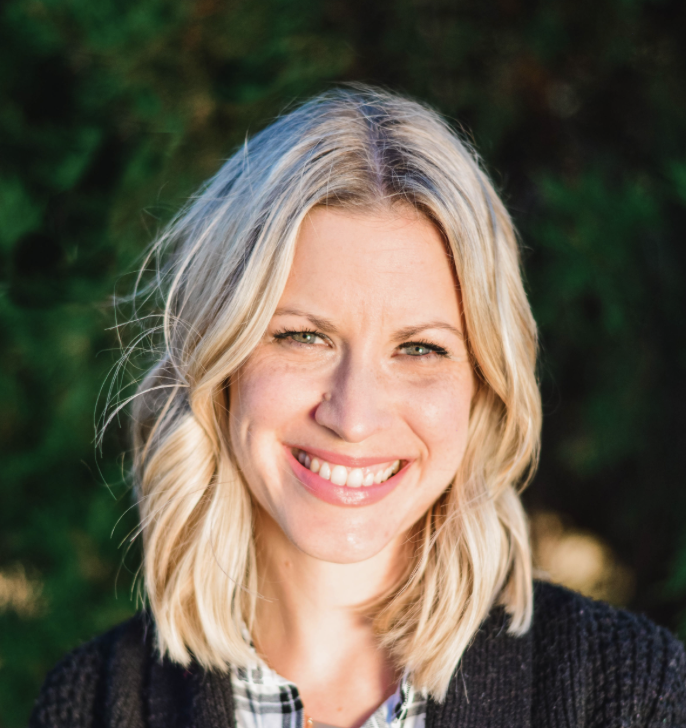Can we be honest with our kids about race? A number of months ago my kids were waiting for a new babysitter to come over. We actually had never met her, instead doing all of our initial correspondence via text message. As we were waiting for her to arrive one of my kids blurted out: “Is she white or is she black?”
I paused, shocked by the bluntness of his question.
It sounded so foreign, so innocent, and yet also so inappropriate. But for him it was normal. He had recently noticed the differences between people, including their skin color. He attends a diverse school, where he plays on the playground with children of different ethnicities. He’s celebrating Black History Month and learning about Dr. King. It was a routine question. What does she look like?
As I’ve reflected on that question in the months since, I’ve been reminded of one of the most helpful things I ever heard about parenting: “Parent with a long term vision in view.” Basically, in every teachable moment with our kids, every embarrassing word spoken, and every instance of discipline, we are looking ten to twenty years ahead and asking ourselves: “Do I want them doing this as an adult?” We all know the person who never learned how to share, or the person who never learned how to ask questions in a conversation and instead talks the entire time. Those behaviors begin in preschool and stay with us our entire lives unless someone shows us a better way. Parenting is one long journey of showing our kids a better way—God’s way (Proverbs 4).
The same is true with how we talk about race. As our kids learn more about our nation’s ugly history, or as they meet and experience new people who aren’t like them, they are going to have questions. Part of parenting with a long-term view is making sure our kids know they can ask those questions and process with us. It means exposing our kids to people who are unlike them in order to foster an environment where all sorts of conversations can happen. If we need to correct our kids, we can do so without shaming them, lest we teach our kids to fear this conversation instead of facing it for the sake of their neighbor. Just as the church needs to be a safe space to talk about race, so do our homes.
In our home, we read books about the hard history in our country, like how we took land from Native Americans, and then talk about what God says about stealing (Exodus 20:15). We listen to the “I Have a Dream Speech” and let the weight of Dr. King’s words land on our kids. They know something of what it means that black and brown children couldn’t go to school with white kids because some of those black and brown children are their best friends.
Parenting is a long game filled with a lot of uncomfortable conversations and questions. But if we shut these questions down, it’s not like they go away — rather, they get answered, too often with content opposed to God’s way.
Parenting may be difficult, but that’s the job. As parents, we listen. We correct. We teach. We train. We expose our kids to new situations so they learn to think outside of themselves. We pray. We love. And we beg God to use our kids to shift the tide of racism in our country. It begins in the home. Sometimes it begins when your babysitter rings the doorbell.
Prayer Requests:
- Pray for teachable moments with your kids where you can talk to them about ethnicity and God’s good design in creating so many different types of people.
- Pray for soft hearts in our children, that they will love as God loves—indiscriminately.
- Pray that the stain of racism in our country will be removed by these every day conversations in our homes.












